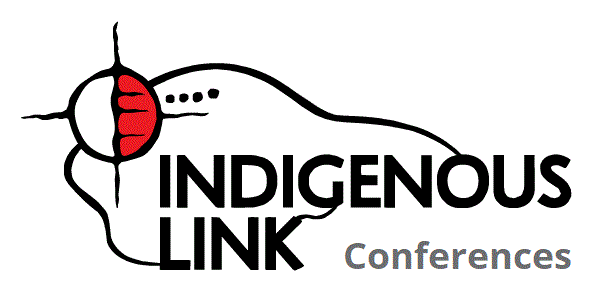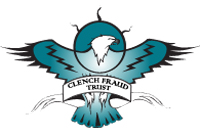The Clench Fraud Trust is dedicated to helping fund the endeavours and promotion of the social, economic and cultural well-being of the people of the Chippewas of the Thames.
In 1834 an Indian Agent named J.B. Clench made several land deals on behalf of Chippewas of the Thames. At that time the reservation was known as Caradoc Indian Reserve No. 41. Over the next twenty years the Chippewas would petition the Crown for the money made from selling portions of their land. In 1854 a public inquiry came to the conclusion that the federal Crown owed the Chippewas five thousand dollars. The case became known as the “Clench Defalcation Claim”. In the decades to follow, the Crown would delay and deny the money owed. By 1896 the Chippewas had lost patience and hired a lawyer, Andrew Chisholm, to sue the federal Crown. With all the land and money in control of the Crown, the Chippewas had limited resources but they knew they had a strong case. Apparently, so did the Crown as they blocked the Chippewas from accessing their own trust fund in a successful effort to stop the lawsuit. Years would pass and families of Chippewa would struggle to meet basic needs while the Crown and settlers around them flourished.
In 1974 the case resurfaced and the “Clench Fraud Claim” was submitted by the Union of Ontario Indians on behalf of Chippewa. Canada promptly rejected the claim without reasonable evidence or rationale. In 1997 Chippewa gathered new research and forwarded the claim to the Indian Claims Commission for review. The Indian Claims Commission (ICC) was an appointed committee assigned to review and conduct inquiries on specific land claims. One of their duties was to review the merits of a previously rejected claim. By 1998, with the influence of the ICC, the Chippewas and Canada agreed to share their research toward an objective, joint research effort. The review revealed that Chippewa had a valid specific claim and negotiation terms were developed and accepted. In 2004 the claim reached a settlement and the Clench Fraud Trust was born. The Clench Fraud Trust was named after the land claim, but the community never had a say in the name. The name changed to the Thunderbird Trust from an open community vote in 2014.


